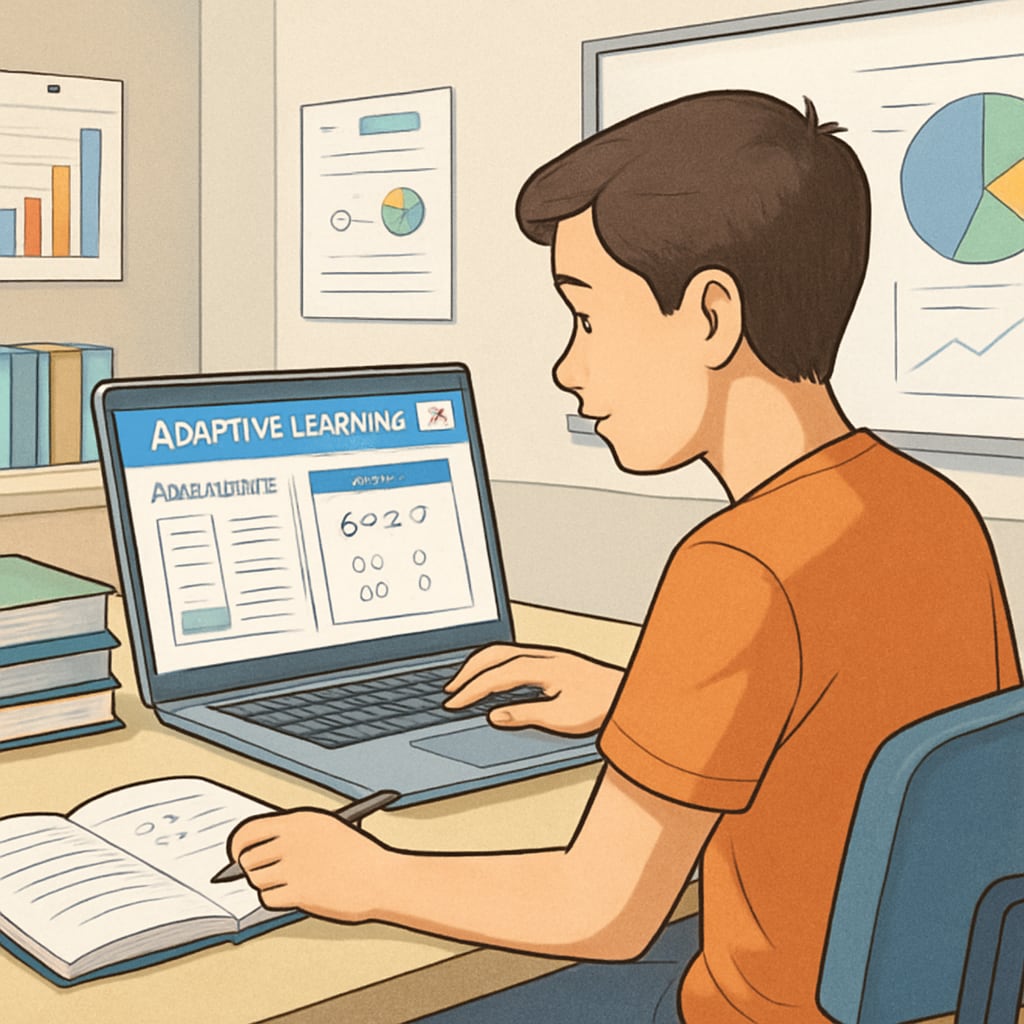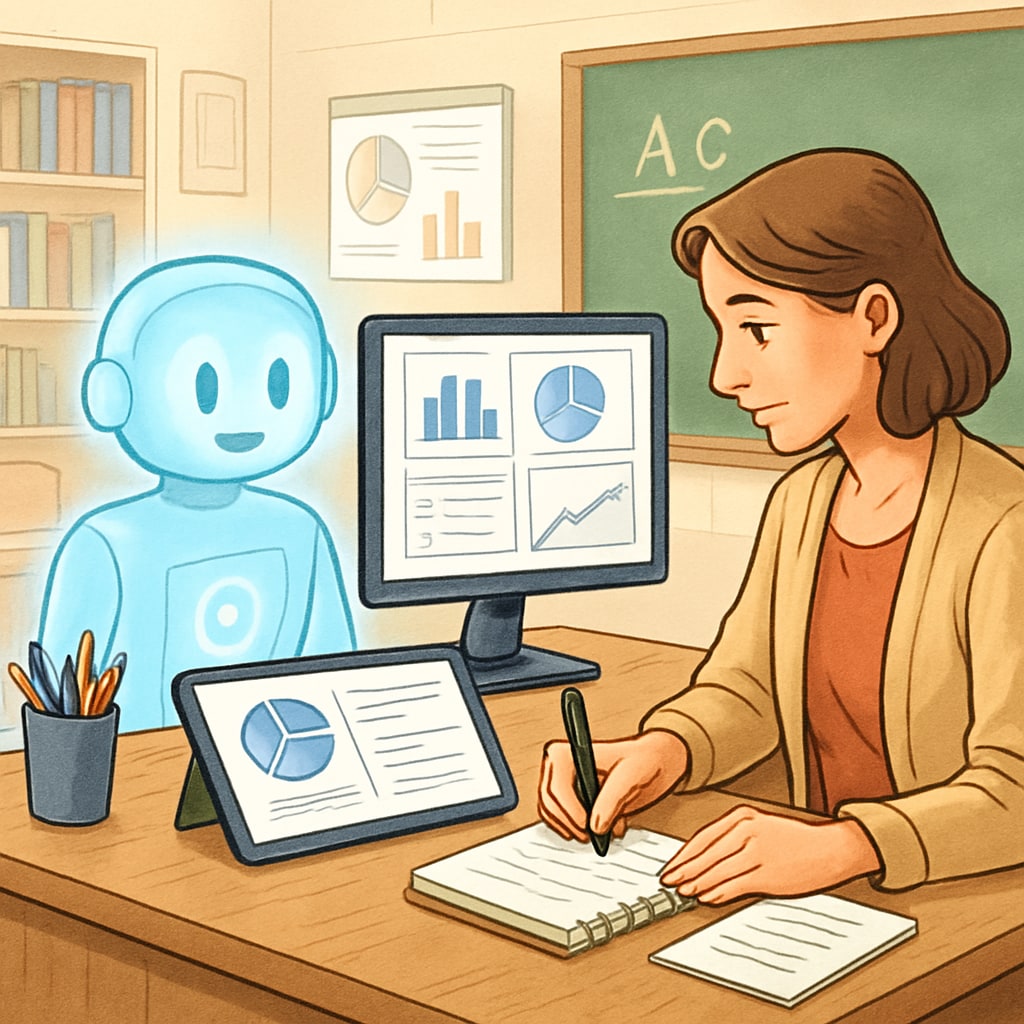Artificial intelligence (AI) is reshaping K-12 education systems globally, introducing innovative methods to improve teaching and learning experiences. As AI continues to evolve, its impact on personalized learning, the transformation of teacher roles, and the reinvention of assessment methods is becoming increasingly evident. Over the next 5-10 years, the integration of AI in education will bring about revolutionary changes that demand educators to rethink traditional teaching strategies and adapt to these transformative advancements.
Personalized Learning: Tailored Education for Every Student
One of the most transformative aspects of AI in education is its ability to enable personalized learning experiences. AI-powered platforms adapt to the unique needs, learning pace, and interests of each student. For instance, tools like adaptive learning software analyze student performance in real-time and adjust educational content accordingly. This ensures that students remain engaged while addressing their individual strengths and weaknesses.
In addition, AI facilitates the creation of dynamic learning environments. Interactive chatbots, for example, provide instant feedback and support for students, making learning more accessible and engaging. As a result, AI has the potential to reduce learning gaps and foster equitable educational opportunities for diverse student groups.

Redefining the Role of Educators
While some may fear that AI could replace teachers, the reality is that it will augment their capabilities. AI takes over repetitive tasks such as grading assignments and generating reports, allowing teachers to focus on more meaningful aspects of education, such as mentoring, fostering creativity, and building critical thinking skills.
Moreover, teachers will need to embrace new roles as facilitators of AI-driven learning. They will guide students in navigating AI tools, interpreting data insights, and developing the digital literacy skills necessary for the future. Professional development programs will play a crucial role in equipping educators with the knowledge and skills needed to integrate AI effectively in their classrooms.

Transforming Assessment Methods
Traditional assessment methods often fail to capture the full spectrum of a student’s abilities and learning progress. AI offers innovative solutions to this challenge by enabling continuous and comprehensive assessments. For example, AI tools can analyze patterns in student work to identify areas for improvement and suggest personalized interventions.
Additionally, AI-powered systems can evaluate non-academic skills such as collaboration, creativity, and emotional intelligence. By providing a more holistic view of student development, these tools help educators design well-rounded learning experiences that prepare students for real-world challenges.
AI-driven assessments also reduce biases that may exist in traditional grading systems. Algorithms can be programmed to evaluate work objectively, ensuring fairness and consistency in the evaluation process.
Preparing for the AI-Driven Future
As AI becomes an integral part of K-12 education, educators, policymakers, and technology developers must collaborate to address challenges such as data privacy, ethical considerations, and equitable access to AI technologies. By fostering an environment of innovation and inclusivity, stakeholders can ensure that the benefits of AI are maximized for all students.
In addition, schools should invest in robust professional development programs for teachers and administrators. These initiatives will empower educators to harness AI effectively and adapt to the evolving educational landscape. Furthermore, involving students in discussions about the ethical use of AI can help them become responsible digital citizens.
Ultimately, the integration of AI in education is not just a technological shift—it represents an opportunity to transform how we teach and learn. By embracing AI thoughtfully, we can create a future where every student thrives and education becomes truly personalized, inclusive, and impactful.
Readability guidance: This article uses short paragraphs, clear transitions, and accessible language to ensure readability. Key points are summarized in lists, and long sentences are minimized to maintain reader engagement.


